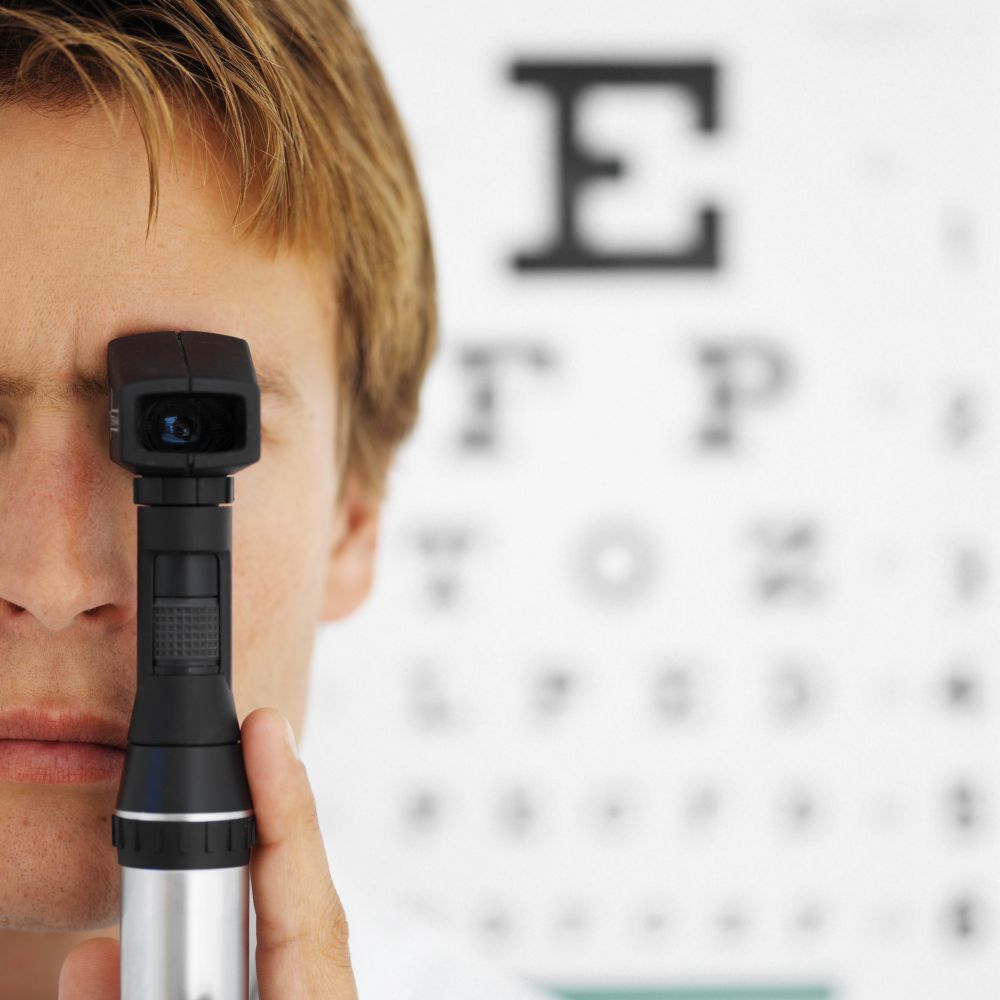Eye Exam
"Clear Vision Starts Here: Comprehensive Eye Exams for Your Optimal Eye Health"
Having regular eye exams is essential for maintaining good eye health and preventing vision problems. A comprehensive eye exam can help detect early signs of eye diseases, such as glaucoma and macular degeneration, which can lead to blindness if left untreated. Eye exams can also detect other health conditions such as diabetes, high blood pressure, and autoimmune diseases.
When it comes to eye exams, there are different types of exams that you can have depending on your age, eye health, and overall health. Here are some of the most common types of eye exams:
1. Comprehensive eye exam: A comprehensive eye exam includes a series of tests to evaluate your eye health, vision, and eye muscle function. During this exam, your eye doctor will check for any signs of eye diseases, measure your visual acuity, and check your eye pressure. The exam may also include a dilated eye exam, where your eye doctor will use eye drops to dilate your pupils, allowing them to see the back of your eye more clearly.
2. Contact lens exam: If you wear contact lenses, you will need a contact lens exam to ensure that your lenses fit properly and are not causing any damage to your eyes. Your eye doctor will evaluate your eyes’ shape and size and measure the curvature of your cornea to determine the correct lens prescription for you.
3. Pediatric eye exam: Children should have their first eye exam at six months of age, followed by another exam at age three, and another before they start school. Pediatric eye exams are crucial for detecting vision problems early on and preventing potential learning and developmental problems.
4. Vision screening: A vision screening is a quick test that checks your vision to see if you need a comprehensive eye exam. Vision screenings are often conducted at schools or workplaces to identify people who may need further evaluation by an eye doctor.
Regardless of the type of eye exam you need, it’s important to have one regularly. Here are some reasons why:
Early detection of eye diseases: Many eye diseases, such as glaucoma and macular degeneration, have no symptoms in the early stages. By the time you notice any symptoms, the disease may have already caused irreversible damage to your eyesight. Regular eye exams can help detect these diseases early, allowing for prompt treatment and better outcomes.
Improved vision: If you have blurry vision, headaches, or eye strain, you may need glasses or contact lenses. A comprehensive eye exam can determine the correct prescription for your lenses, which can improve your vision and reduce eye strain.
Detection of other health conditions: Eye exams can also detect other health conditions such as diabetes, high blood pressure, and autoimmune diseases. These conditions can cause changes in your eyes that your eye doctor can detect during an exam, allowing you to get the necessary medical attention.
Preventative care: By having regular eye exams, you can take a proactive approach to your eye health and prevent potential problems from developing. Your eye doctor can advise you on the best ways to take care of your eyes and prevent future vision problems.
In conclusion, regular eye exams are an essential part of maintaining good eye health and preventing vision problems. Whether you need a comprehensive eye exam, contact lens exam, pediatric eye exam, or vision screening, it’s important to schedule one regularly with your eye doctor. By detecting eye diseases early, improving your vision, and detecting other health conditions, you can take proactive steps to ensure your eyes stay healthy for years to come. So, take the first step towards clear vision today and schedule your next eye exam!
EYE EXAM


Have any questions? Call us now!
Tel:(352) 399-5412
Monday to Friday 9:00 am – 5:00 pm
Saturday -Closed
Sunday -Closed
